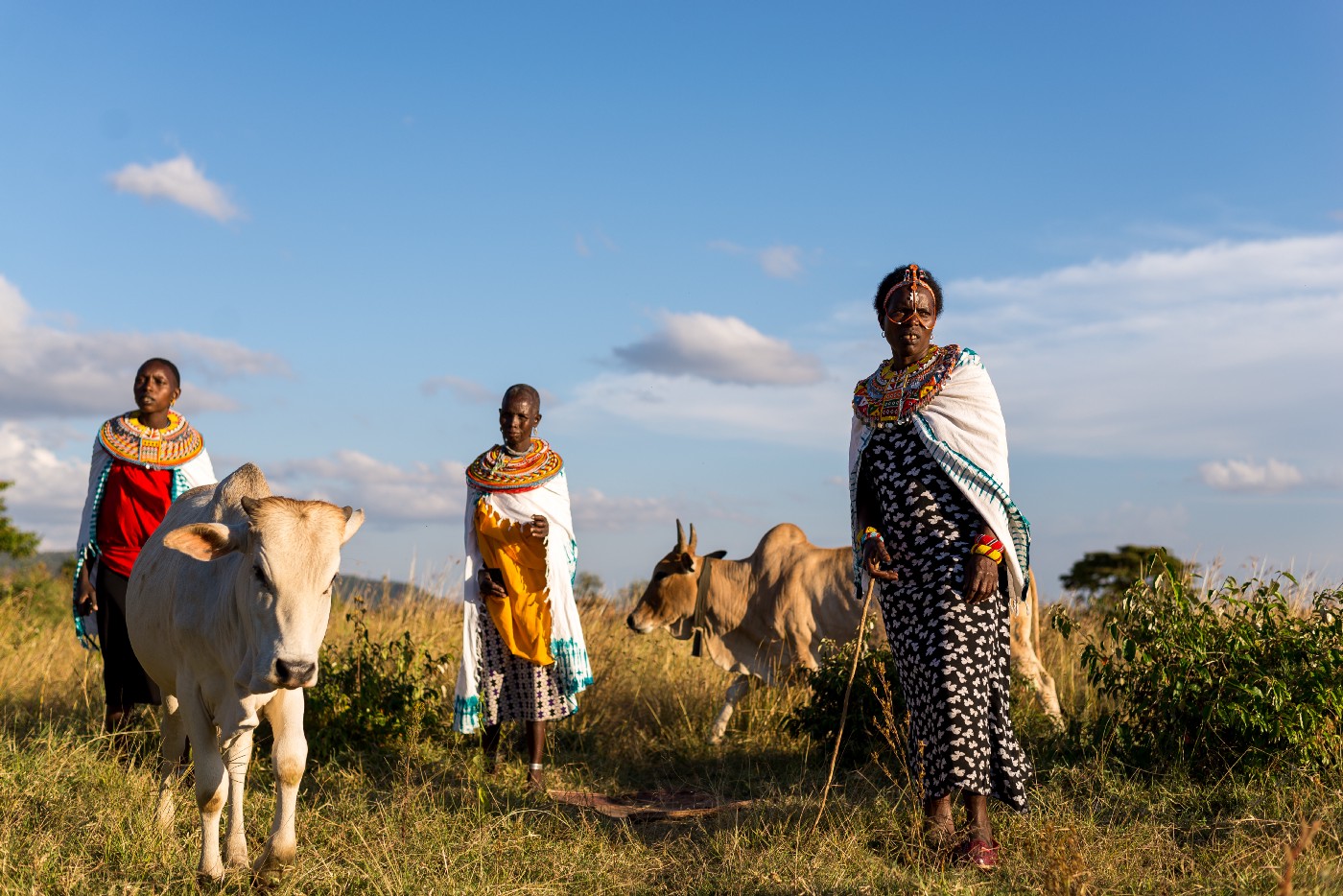BRAC Regional Dialogue: Applying Evidence to Achieve Long-Term Development and Inclusive Growth Across Africa
By Max Gollin • February 8, 2022 • 2 minute read

Organisers:
African Development Bank Group
BRAC Institute for Governance and Development, BIGD
BRAC
United Nations Development Programme, UNDP
West Africa Civil Society Institute, WACSI
Before COVID-19, many countries across Africa were making significant gains in human capital, improving health and education outcomes for girls and boys and empowering women and youth to reach their full potential. In 2021, the African Development Bank (AfDB) estimates that 39 million Africans were forced into extreme poverty, following about 30 million who were pushed into extreme poverty in 2020 as a result of the pandemic. Even before COVID-19, the Africa Gender Index shows women faced stark economic, institutional, and political inequality, with fewer women in decision-making positions, owning businesses, or owning productive assets such as land, leading to persistent gender wage gaps. These gaps have widened during the pandemic, with women losing their livelihoods at a higher rate than men while bearing a larger burden of unpaid care work. As a result, 47 million more women and girls are being pushed into extreme poverty. Without empowering women and communities, inclusive growth, sustainable development, and pandemic recovery will be limited across Africa. This Africa Dialogue brought together representatives from government, multilateral institutions, civil society, and academia to discuss ways to build more inclusive, resilient systems that promote women’s economic empowerment and long-lasting poverty reduction.
Speakers:
Shameran Abed, Executive Director, BRAC International
Mamta Murthi, Vice President for Human Development, World Bank
Mansour Ndiaye, Global Head Inclusive Growth, United Nations Development Program
Nana Asantewa Afadzinu, Executive Director, West African Civil Society Institute
Cynthia Kamikazi, Chief of Policy and Partnerships, African Development Bank
Dr. Munshi Sulaiman, Regional Research Lead in Africa, BRAC International and Research Advisor, BRAC Institute of Governance and Development
Gregory Chen, Managing Director, Ultra Poor Graduation, BRAC International
Moderator: Ruth Okowa, Director of Africa, BRAC International
This was the first webinar of the “BRAC Regional Dialogues: Applying Evidence to Achieve Long-Term Development, Poverty Eradication, and Inclusive Growth” series. This series is made up of two regional sessions focusing on Africa and Asia. It is organized by BRAC, the United Nations Development Programme, BRAC Institute of Governance & Development and partners to promote dialogue between key stakeholders around effective poverty eradication efforts that promote long-term growth, recovery, and resilience.

